Ambulance staff strikes in England: Hospitals urged to free up beds as 'extensive disruption' looms
Hospitals in England are urged to free up beds ahead of “extensive disruption” caused by ambulance staff strikes, health chiefs have said.
Authorities in the UK National Health Service (NHS) have raised the alarm over “a very challenging period” when ambulance crews in England and Wales are set to go on an industrial action for two days on 21 and 28 December in a dispute over pay and conditions, prompting fears about bed capacity across the service.
In a letter to NHS trusts, David Sloman, NHS England's chief operating officer, called for patients who have finished their emergency care to be moved out of health departments to provide empty beds for the new patients.
“Take steps to allow moving of patients who have completed their emergency medical care and are awaiting an inpatient bed out of the [emergency departments] to create space for new patients. This may involve the creation of observation areas and additional beds elsewhere in the hospital,” the letter reads.
In his joint letter with national medical director Stephen Powis and chief nursing officer Dame Ruth May, Sloman said measures should also be put in place to ensure ambulance patient handovers are kept to no more than 15 minutes.
The development comes as NHS data shows ambulance handover delays at hospitals in England have hit a new record, with one in six patients waiting more than a hour to be passed to the health emergency team.
Speaking to the BBC’s Today program, the president of the Royal College of Emergency Medicine, Adrian Boyle, said: “To give you an idea of how big the problem is, in the last week, three-quarters of emergency departments are holding ambulances with handover delays every day. And this is because our emergency departments are full.”
Furthermore, NHS Providers' interim chief executive Saffron Cordery said "Trust and system leaders are being asked by NHS England to focus on reducing handover delays and maximizing capacity in urgent and emergency care.”
However, she was at pains to note that due to “record staff absences,” this policy will be “incredibly difficult” to implement.
She also called on the government and unions to talk “urgently” in order to prevent the upcoming industrial action and further strikes from happening.
Raising the alarm over a “significant disruption” in the health system due to the ambulance workers’ strike, Oliver Dowden, the chancellor of the Duchy of Lancaster, said the government is working hard to ensure that the interruption is minimized.
Asked if lives are at risk, he said: “There is significant risk associated.”
The new chaos in the UK health network comes on the heels of Thursday's one-day strike by nurses in England, Wales and Northern Ireland. Royal college of Nursing (RCN) members are set to walk out again on Tuesday.
Meanwhile, the General Secretary of RCN, Pat Cullen, urged Prime Minister Rishi Sunak to step in before the dispute “engulfs” the NHS, warning there would be a further “escalation” of the nurses' action in January involving longer disruptions and more organizations.
The NHS pay review body has recommended below-inflation pay rises of around 4 percent for nurses, which is rejected at once by the health staff.
On the other side of the ledger, the government is refusing to negotiate with unions who seek a higher offer.
The UK is hit by tens of industrial actions in different industries in the recent months after the skyrocketing inflation hit new records and deepened the cost of living crisis for people.
The British workers are demanding higher wages in order to cover the soaring rate of inflation which has risen to above an unprecedented level of 11 percent.
VIDEO | Gaza bakery supports displaced families ahead of Ramadan Iftar
France blocks US ambassador from ministerial meetings after summons no-show
Around 20 govts. warn Israel secretly annexing West Bank
Iran pursuing broader cooperation with African nations: Pezeshkian
Israeli minister threatens to seize entire Gaza if Hamas refuses to disarm
VIDEO | Gaza teacher starts ‘Little Wings’ initiative to bring joy to kids
Spanish FM urges firmer EU stance on Gaza crisis, West Bank settlement expansion
Israel ‘serious obstacle’ to nuke-free West Asia: Iranian diplomat


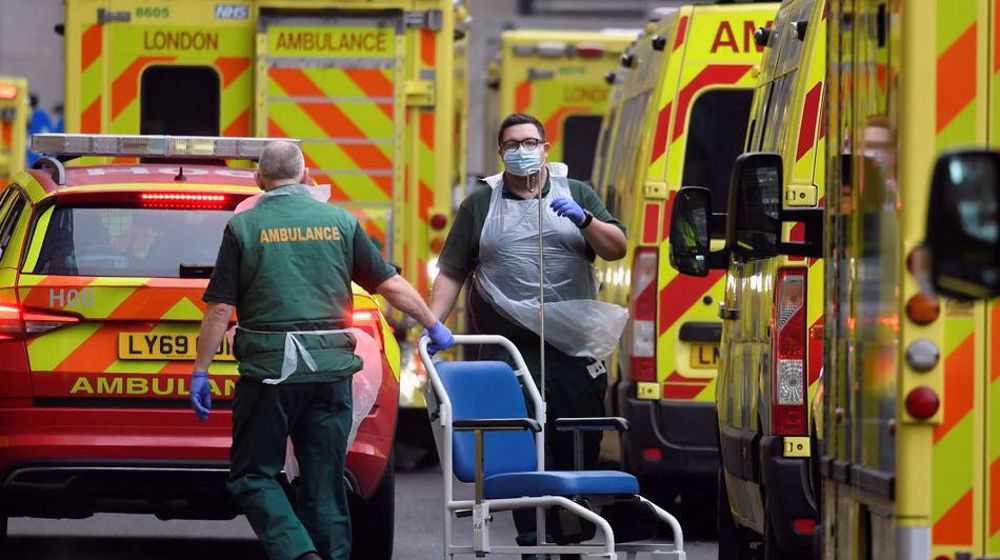
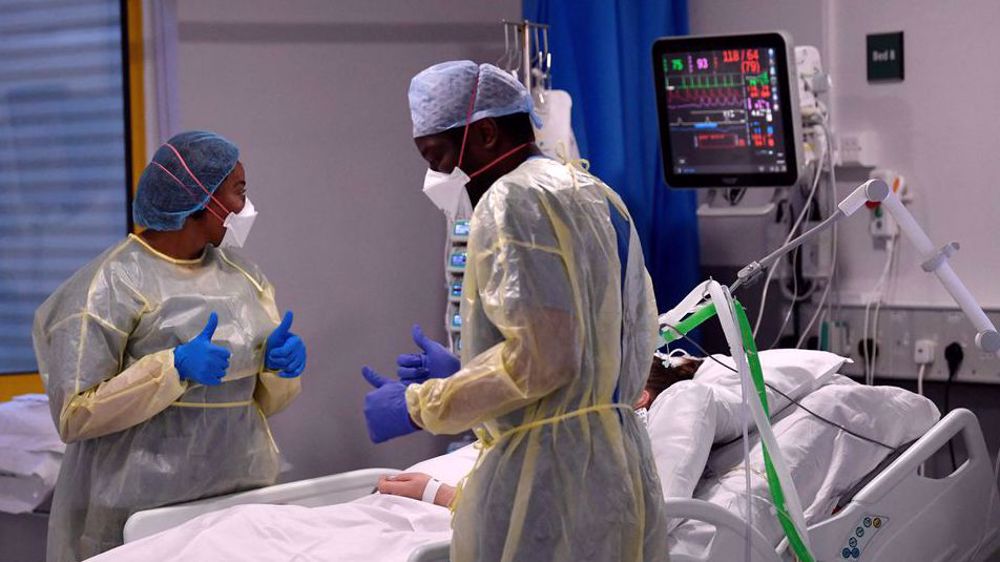
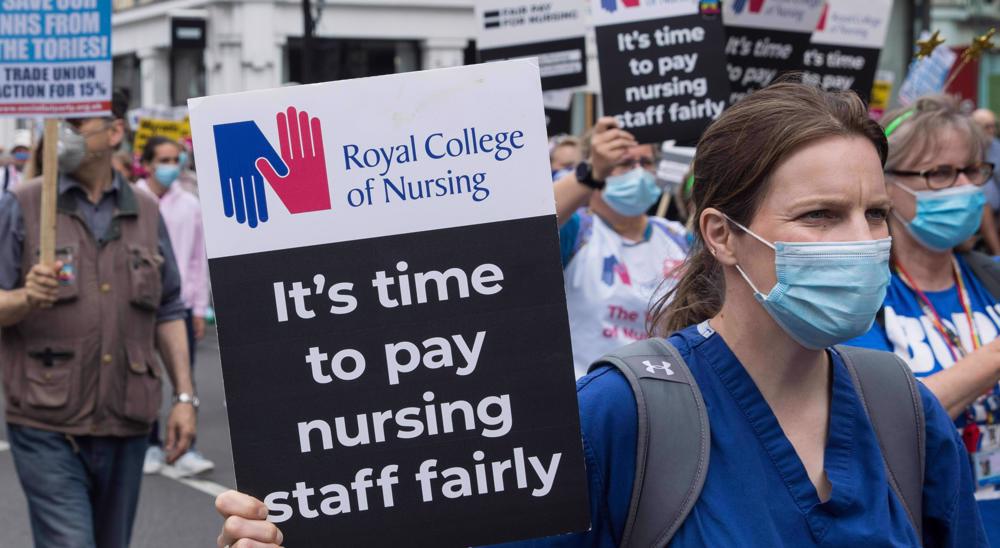






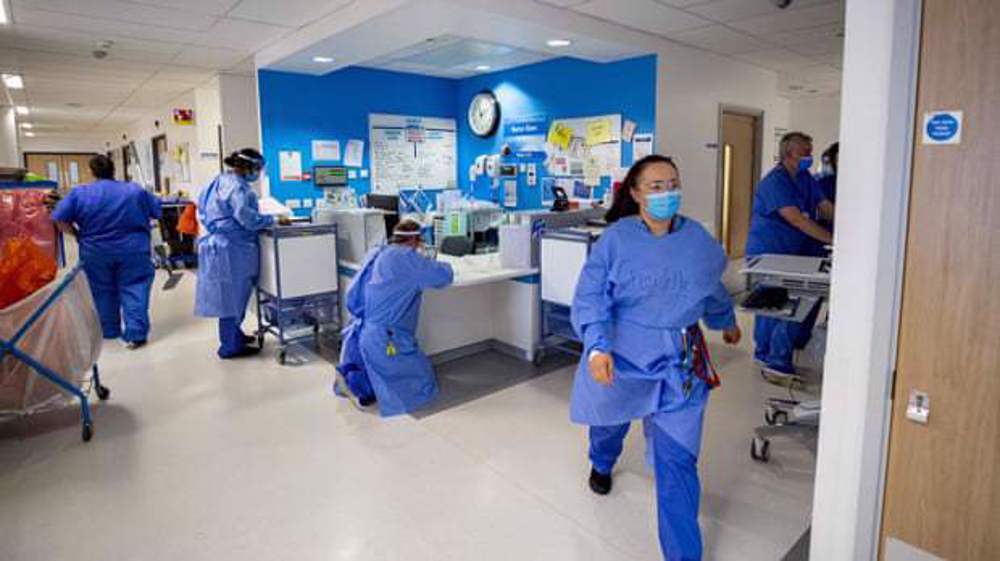
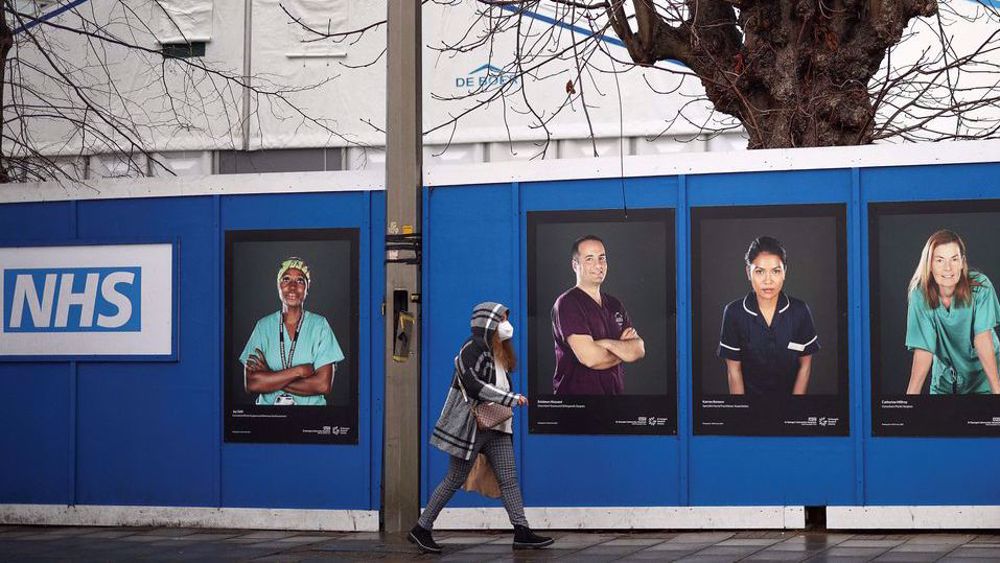
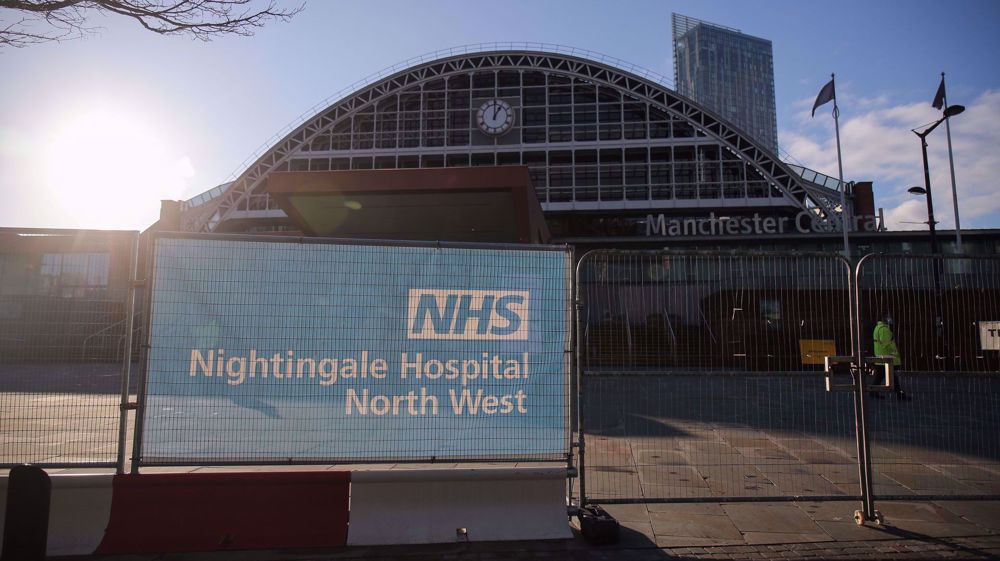
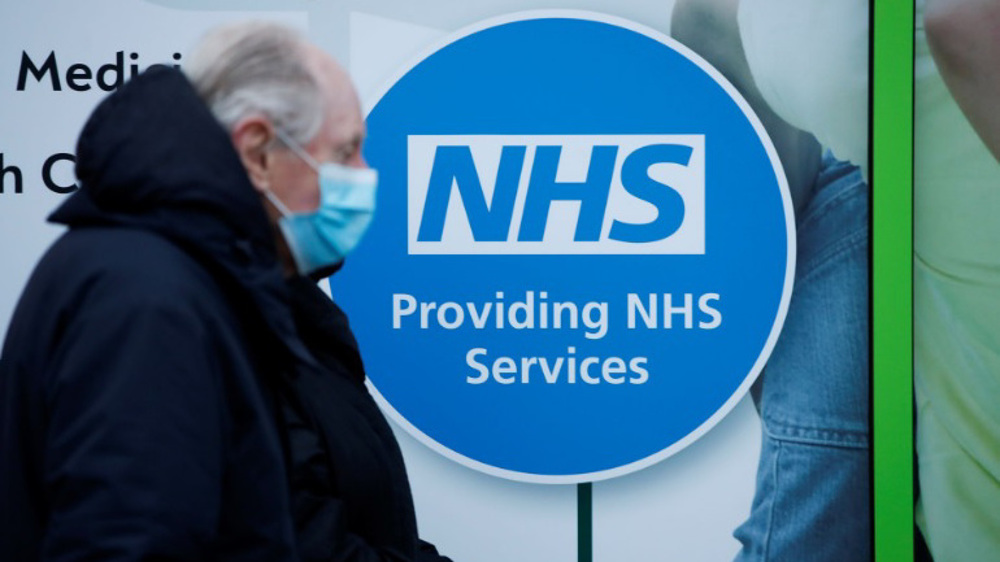
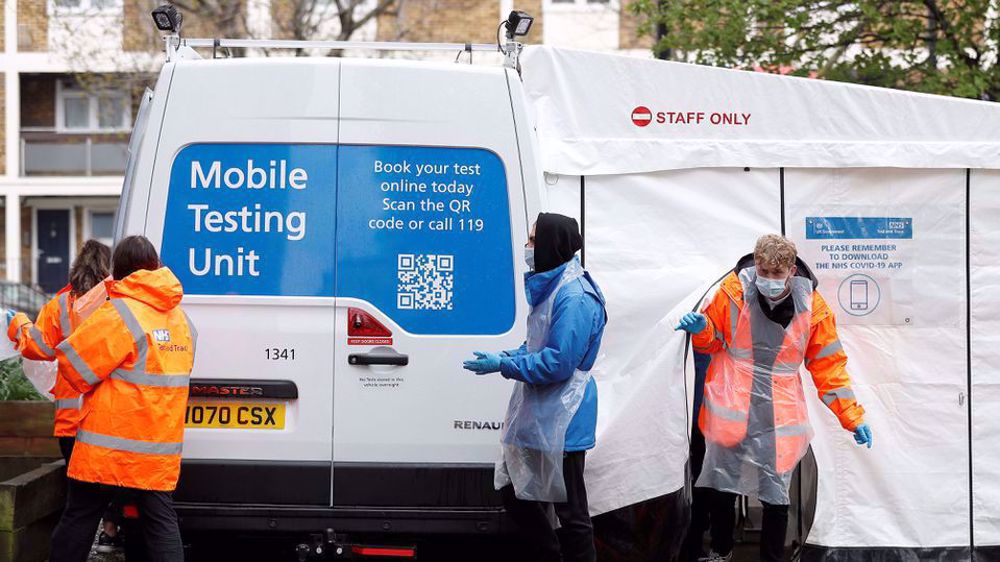

 This makes it easy to access the Press TV website
This makes it easy to access the Press TV website